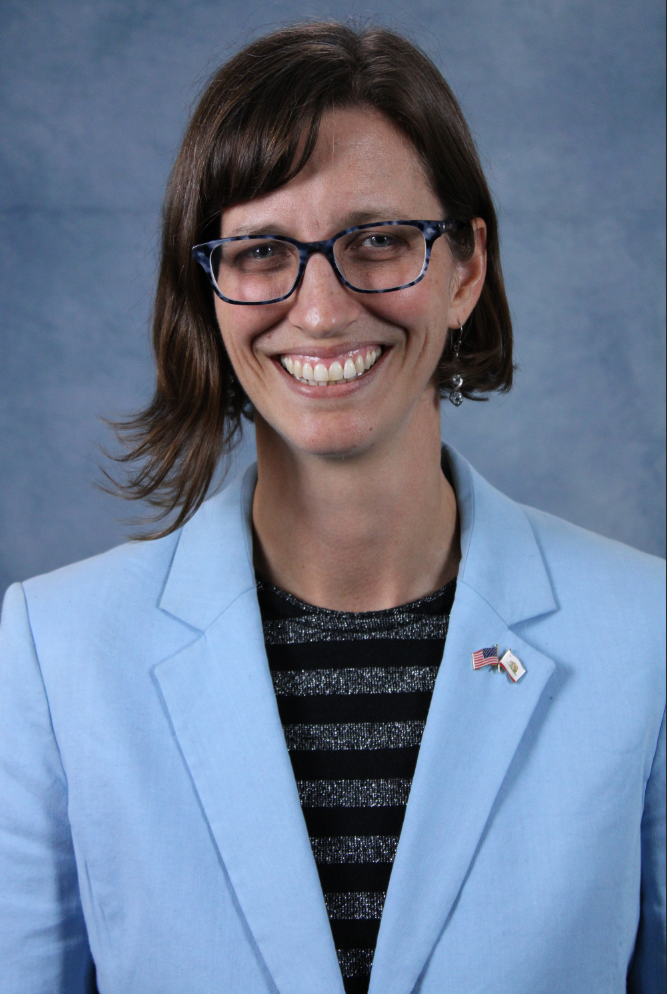New DAS Chief Adele Burnes Charts Path to Serve Half a Million Apprentices
Governor Newsom has appointed Adele Burnes as the new Chief of California's Division of Apprenticeship Standards, positioning the state to dramatically expand workforce development opportunities across multiple industries. Under her leadership, California aims to serve 500,000 apprentices by 2029—a ambitious goal that could transform how Californians access career training and economic mobility.
Expanding Beyond the Building Trades

"Many people cannot afford not to earn, but that doesn't mean they're not bright, hardworking, or passionate about a certain industry," Burnes explains. "Apprenticeships create pathways for those folks into meaningful family-sustaining careers."
Aligning with California's Economic Future
The expansion strategy aligns closely with Governor Newsom's Jobs First Initiative, targeting growth sectors including aerospace, robotics, artificial intelligence, and advanced manufacturing. By developing apprenticeships in these emerging fields, California is preparing workers for tomorrow's economy while meeting today's employer needs.
The Division of Apprenticeship Standards has already seen momentum in advanced manufacturing, transportation, healthcare, and education sectors, with employers and educational institutions collaborating to develop and scale new programs.
Commitment to Quality and Equity
Burnes emphasizes that growth must come with guardrails ensuring both program quality and equitable access. Her vision includes apprenticeships that offer family-sustaining wages, high-quality training resources, and integration with the state's educational system to provide participants with both work experience and college credits.
Equity initiatives include the Equal Representation in Construction Apprenticeship (ERiCA) grant, which works to improve gender representation in building trades, and the California Opportunity Youth Apprenticeship (COYA) grant, providing supportive services to help young people who face barriers to employment succeed in apprenticeship programs.
Opening the Doors to Economic Mobility
For Californians seeking career advancement without traditional four-year degree paths, this apprenticeship expansion represents a significant opportunity. By creating "earn and learn" pathways across diverse sectors, the state is working to ensure that economic mobility isn't limited by a person's ability to afford unpaid training.
As California works toward its 2029 goal, the focus remains on building a comprehensive system that serves both workers seeking meaningful careers and employers needing skilled talent across the state's evolving economy.
June 2025

